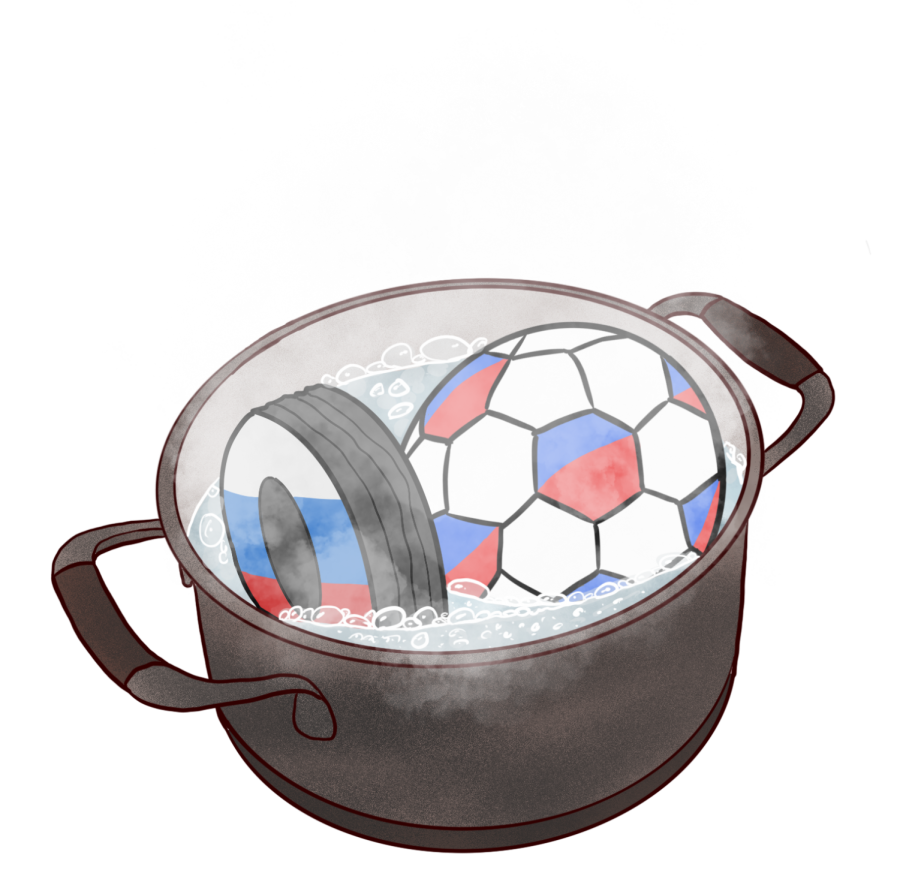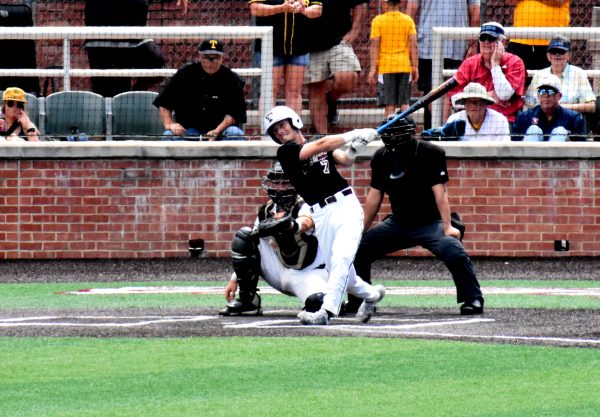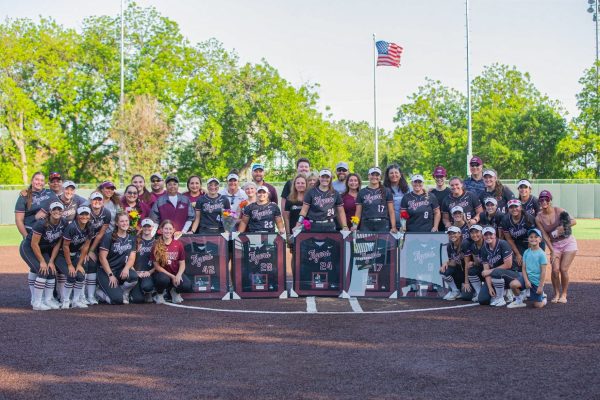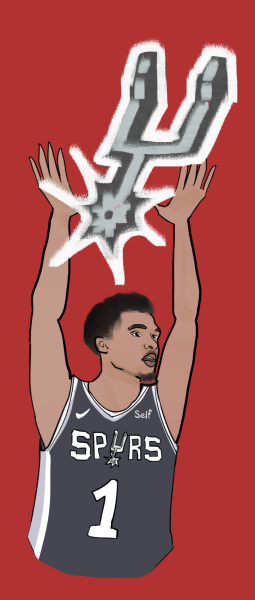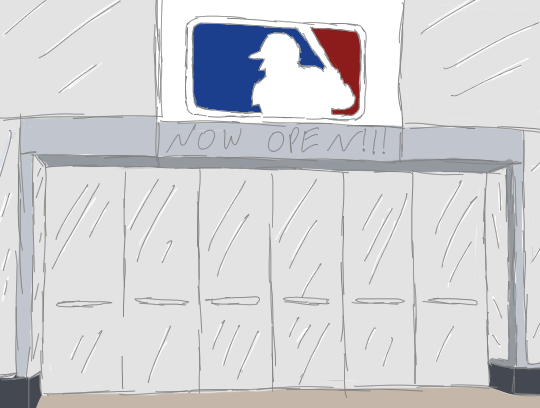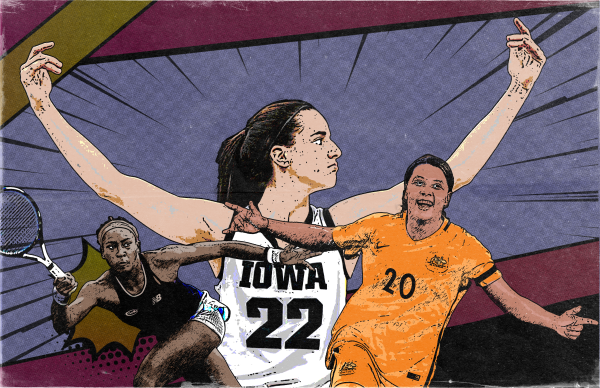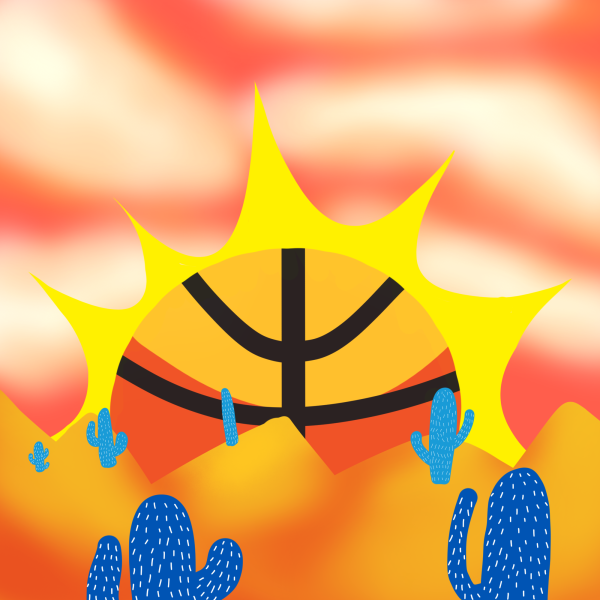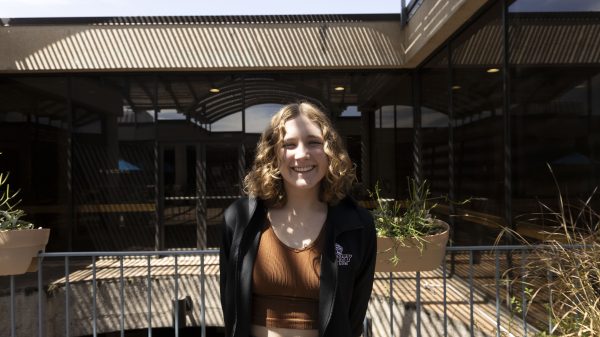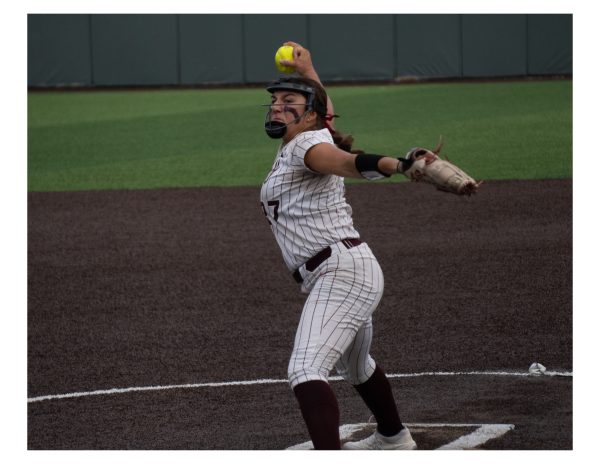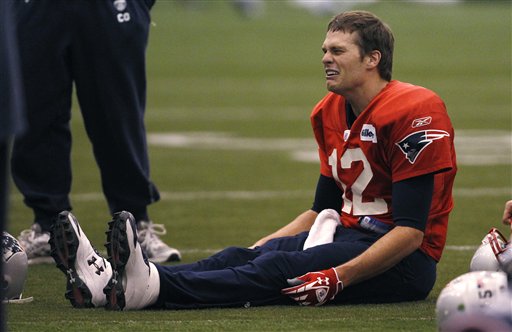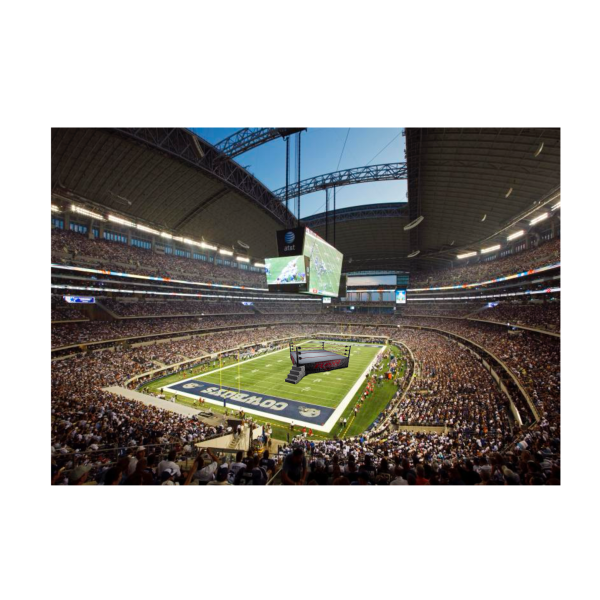OPINION: A different kind of fallout
Russian athletes feel the heat in response to war in Ukraine
Without a doubt, the war in Ukraine has had massive influences on the media landscape. News of events has come in rapidly, and there are new headlines everywhere we turn. Social media is alight with breaking news and stories of triumph, TVs cover up-to-the-minute front-line shifts. Stories circulate of new legends like The Ghost of Kyiv, The Ukrainian Reaper and the resolve of Ukrainians fighting for their homeland. Though the Russian-Ukrainian War has had effects throughout our daily lives, it has also had an impact from around the world of sports.
Along with teams posting messages of support, athletes have been quick to share messages in support of Ukraine. Cries of “No War” echoed throughout the social media landscape, with individual statements leading the charge. Russian soccer player Fedor Smolov was one of the first athletes to speak out against the invasion, and he did so despite it being a significant risk for him. A Russian national who plays for Dynamo Moscow, Smolov posted an Instagram message that read “No to war!!!” despite the danger of living under Russia’s harsh regime.
However, he is not the only soccer player to protest the recent invasion. Playing for the Greek team Atalanta, Ukrainian midfielder Ruslan Malinovskyi celebrated a goal in the UEFA Champions League with a shirt that read “No war in Ukraine.” Soccer is far from the only sport that has seen athlete and team activism for peace in Ukraine.
Russian Tennis player Andrey Rublev wrote, “No war please” on a television camera after advancing in a tournament in Dubai. Two NBA players — Alex Len and Sviatoslav Mykhailiuk — released joint statements, with Len (who plays for the Sacramento Kings) leading a pre-game moment of silence before their matchup against the Denver Nuggets.
Mercedes Formula One driver Lewis Hamilton said, “When we see injustice, it is important we stand against it,” condemning Russian aggression in the region.
Fellow F1 driver, Sebastian Vettel of Aston Martin, has been a champion of human rights over the last few years and was the first to react officially to the news of the invasion. “I woke up to the news, shocked,” said Vettel,. “I think it’s horrible to see what is happening.”
These personal statements and cries for peace are essential for putting pressure to stop the war on the Russian government. However, words can only do so much. Organizations worldwide have enacted their own form of sanctions against Russia.
Schalke 04, a soccer team based in Germany, was sponsored by Russian gas company Gazprom. The state-owned company had its logo on the Schalke jerseys, bringing major sponsorship to the team. However, following the invasion of Ukraine, the team decided to remove the logo from their jerseys, replacing it with the team logo. This decision to cut ties with sponsors has gone into other teams, with Manchester United (one of the top clubs in Europe) dropping a sponsorship deal with Russian airline Aeroflot.
Last year, Russian fertilizer company UralKali signed a contract with the American F1 team Haas F1 to become the team’s title sponsor. The company’s owner, Dmitry Mazepin, was one of 30 businessmen who met with Russian President Vladimir Putin personally during the economic crisis. His son, Nikita Mazepin, is one of the drivers for Haas. However, following the controversy, Haas elected to remove the UralKali sponsorship from the car, running with a plain white livery for the final day of pre-season testing in Barcelona, Spain. They also removed all evidence of UralKali sponsorship from their team vehicles (the trucks used to carry the cars to and from races), team gear, and more. On March 5, the move was official: Nikita Mazepin was dropped by the team and replaced by Kevin Magnussen, ending a partnership that only lasted a year. The effects of this drop were part of a larger ban on Russian athletes. The UK has banned Russian athletes from competing in events within the country, with many athletes seeing the effects.
It’s not just athletes feeling the heat, but also the nation itself. The Champions League, an international soccer tournament for the best clubs in Europe, was initially scheduled to play its final in St. Petersburg, Russia. However, following the invasion, the Union of European Football Associations (UEFA) announced that the final would be moved to a stadium in Saint-Denis, France. The Fédération Internationale de l’Automobile (FIA), the governing body of international motorsports like F1 and the WEC (World Endurance Championship), has also canceled events in Russia — including the Russian Grand Prix.
Many have asked the same question in response to all of these penalties: Is this particularly fair? The athletes themselves have no control over what the government does. Russian citizens have been seen protesting the war themselves, despite the great risk. Though these sanctions are well-deserved, there’s only so much they can do. It’s led to civilians — who have no impact on what the Kremlin is doing — are feeling the consequences of an invasion they aren’t supporting. Though they aren’t the biggest sporting nation in the world, Russia has been a major source of some of the world’s biggest athletes. How do you enforce penalties on a nation without forcing a penalty on the people that can’t do anything about it? It’s a problem that doesn’t have any clear answers — and no matter what, there will be major repercussions. As the lines between sport and politics grow hazier every day, it’s unknown when Russian athletes will be proud to represent their country again.
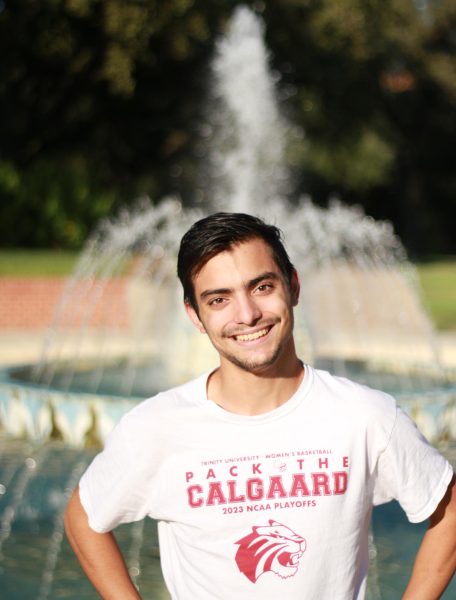
Hey! I'm Caleb Reed, and I'm the new Sports Editor for the Trinitonian this year. I love all kinds of sports and I've got a passion for both commentary...

I'm a senior Computer Science major and a Classical Studies minor from Newton, North Carolina with a passion for art. I also work at the Center for Experiential...

